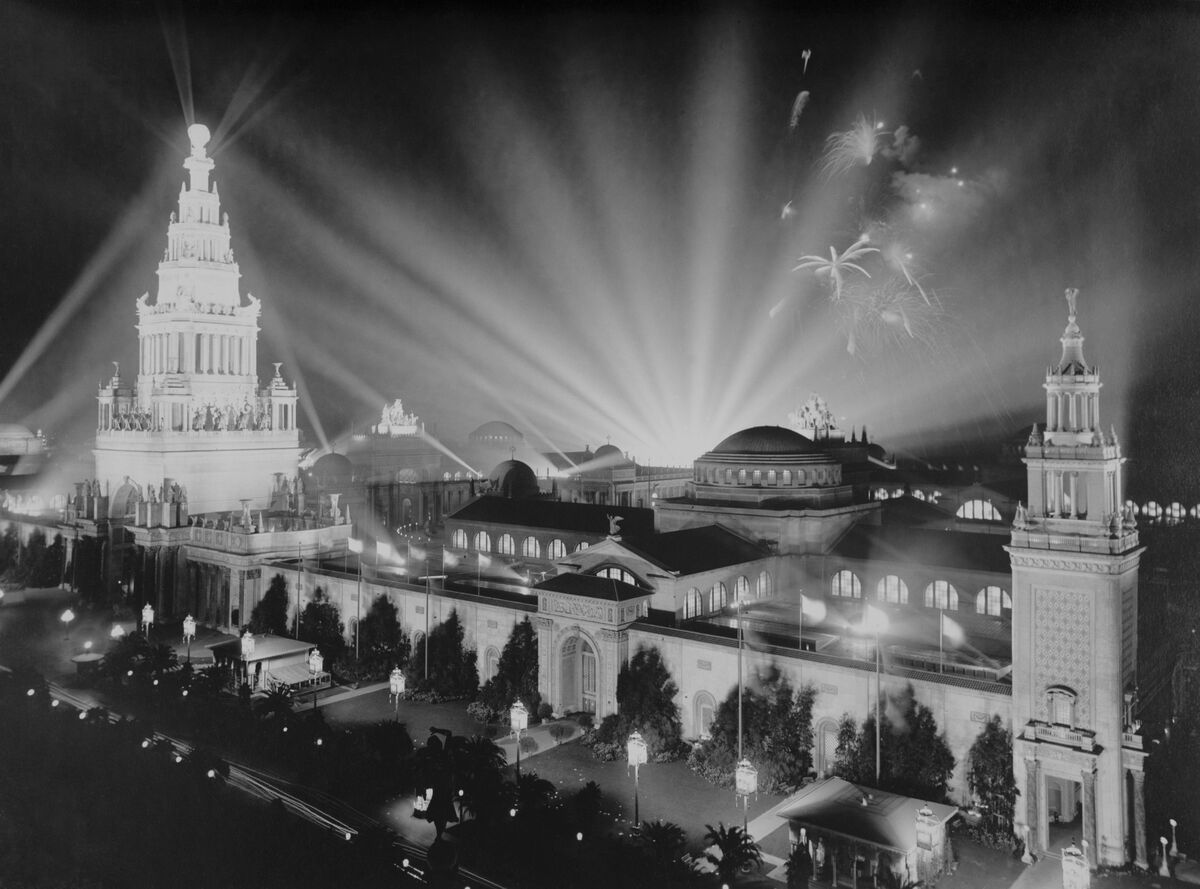JesterBL
Gastronaut
- Location
- Flyover Country, USA
- Pronouns
- he/him
Talking about weird/unsavory elements of alternate history- I feel like you can't deny the adjacency to conspiracy theory and 'secret histories'

 www.bloomberg.com
www.bloomberg.com

Inside the ‘Tartarian Empire,’ the QAnon of Architecture
On YouTube videos and Reddit boards, adherents of a bizarre conspiracy theory argue that everything you know about the history of architecture is wrong.

